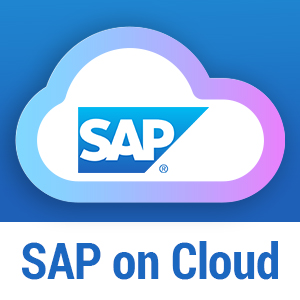


S-A-P can be broken down as system, application and product, where this software shares the same nomenclature as its manufacturer. The mainstay of SAP is its ERP offering which is the most trending and advanced Enterprise Resource Planning (ERP) system from traditional software. SAP ERP offers amazing capabilities by integrating your business data from other application to streamline the process.
There are other business application components such as Business Intelligence (BI), Supply Chain Management (SCM), and Customer Relationship Management (CRM) which is supported by SAP as it has different modules designed to streamline business processes within any department in your company, by connecting your employees and their ideas.
The SAP modules include human resources, finance, sales, and many more that would be hard-pressed to find one that does not fit your business needs. SAP has got all the capabilities to manage all the departments in your organization and can revolutionize the way your business is operated.
As most of the enterprises are moving their businesses to the cloud, due to its humongous benefits, SAP migration has become one of the major concern due to its complex/large setup and outdated OS and databases. Apart from that, there is a huge risk of losing critical business data and operational disruptions while migrating SAP.
These challenges can be resolved with the appropriate approach, skill sets, and planning for setup, customization and issue resolution. Anyone can get ahead in the cloud adoption curve and efficiently migrate SAP to the cloud.
SAP on cloud further multiplies the advantages your company can observe when it comes to agility, productivity and flexibility.
SAP on Cloud simplifies the application development process to incorporate mobility into its business use.
Benefits of SAP on the cloud:
Summary!
With business critical SAP system on cloud, you can leverage innovations at faster pace. With SAP on Microsoft Azure, AWS, or Google Cloud you can discover enhanced capabilities for collaboration, mobility, and efficiency. Hence, empower your organization with faster orchestration, software deployments, introduce new DevOps processes, and remove the blockers by traditional data and legacy systems.